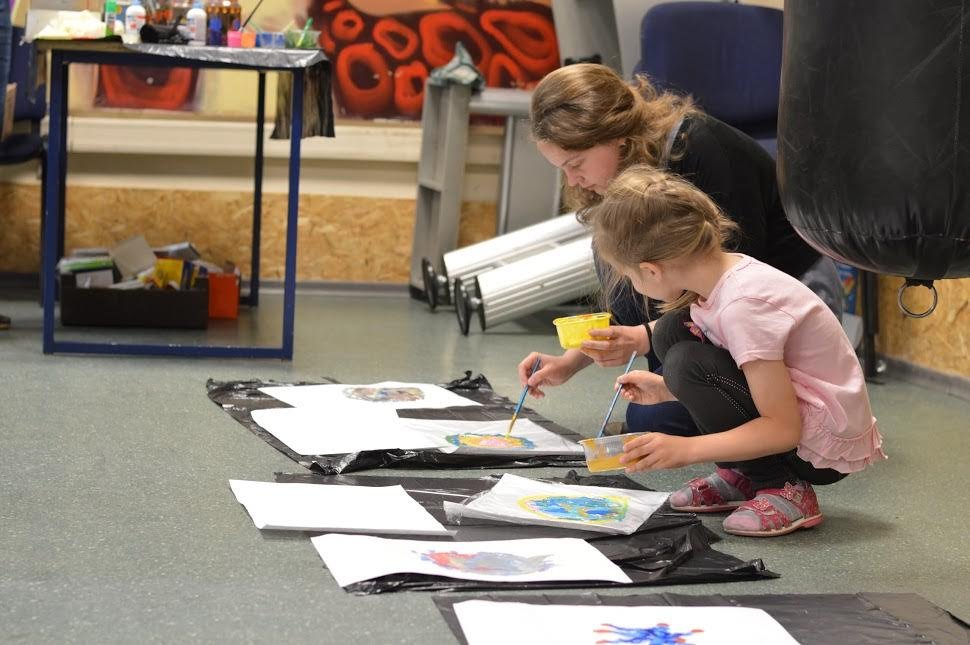FEAR LAB

Fear lab helps young people understand and overcome their fears. We provide the knowledge how to talk about the difficulties of describing the various solutions and let the young person choose the suitable one.We work with pupils, students, disadvantaged young people, youth in a social exclusion, blind children and children with other disabilities. We apply a variety of attractive and interactive methods that are suitable and interesting for each of them.

We live in an ever-changing, fast and furious world that is filled with new technologies. In Lithuania, the effect is two-fold: On one hand, because parents work a lot, they often do not have the time to talk with their children about topics that are important to them, such as identity, existence, purpose of life, love, and friendship. On the other hand, schools focus on the quantity of knowledge that students gain, leaving a world of feelings for young people to deal with on their own. When young people do not have an outlet to express their feelings and process them in healthy ways, these feelings could manifest as bullying, loneliness, fears, depression, addictions, and even suicide.
Young people are curious and anxious to know their inner world. They need space where they can be open, honest, and free to speak about their difficulties and identify and choose a reasonable solution to their problems.
Fear Lab helps young people understand and overcome their fears. It shows them how to talk about their difficulties, helps them describe their various solutions, and lets them choose a suitable one. Fear Lab works with a variety of young people including students, youths from disadvantaged background or experiencing social exclusion, and children suffering from blindness or other disabilities.
Its work revolves around the Fear Lab model, which combines methods of three professionals: a psychologist, a theater teacher, and an art teacher. During a Fear Lab session, young people learn to express their emotions and talk about their feelings. Using their body language, they learn how to turn fearful situations into positive ones. Then once they grasp the language of movement, they participate in art therapy to fully express themselves. Through the model, Fear Lab applies interactive and engaging methods to help young people work through their fears and emotions.
I agree Our site saves small pieces of text information (cookies) on your device in order to deliver better content and for statistical purposes. You can disable the usage of cookies by changing the settings of your browser. By browsing our website without changing the browser settings you grant us permission to store that information on your device.